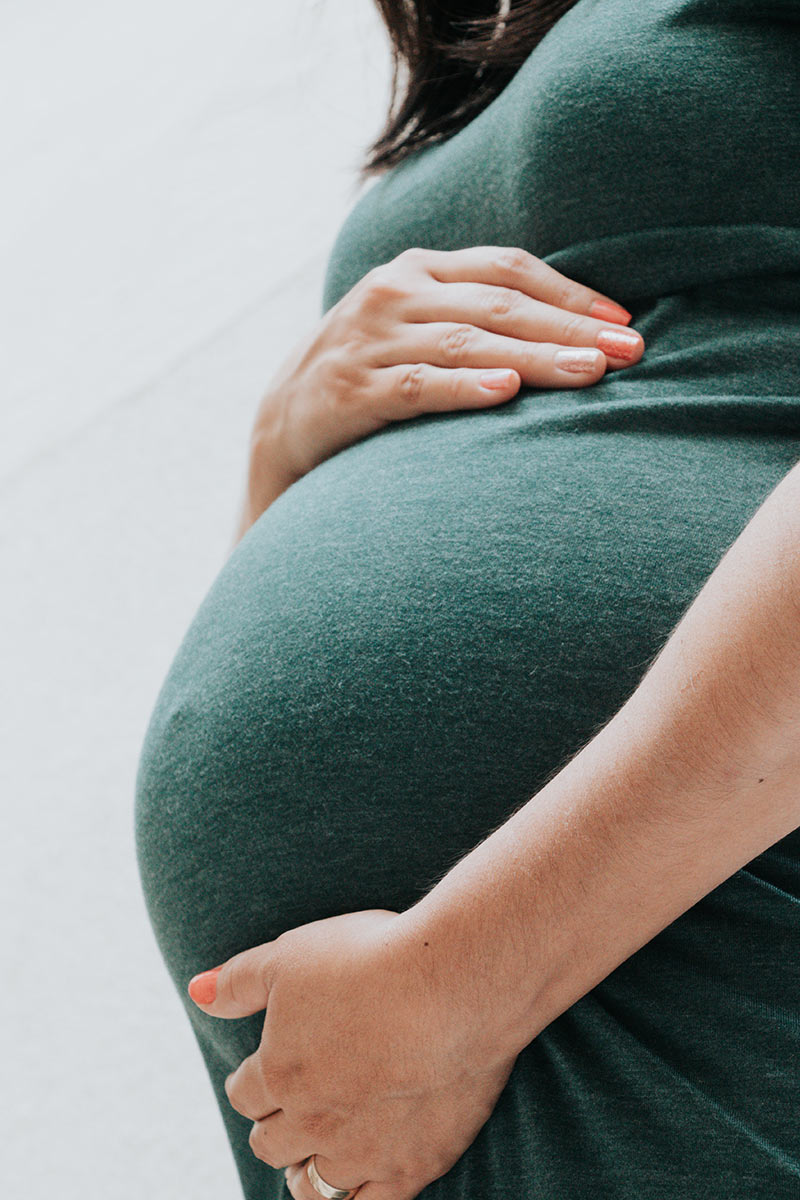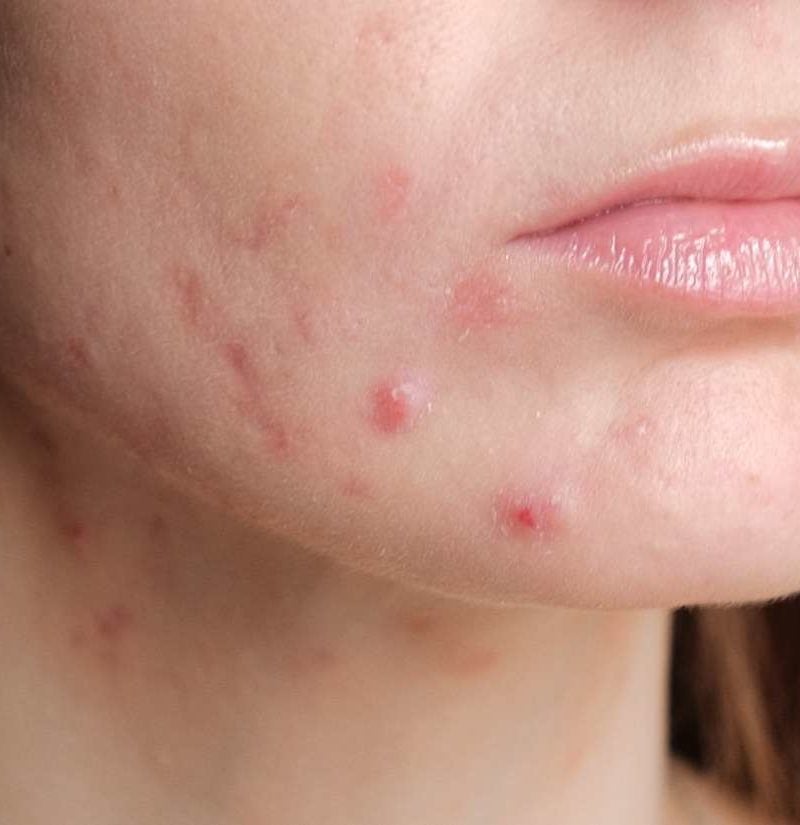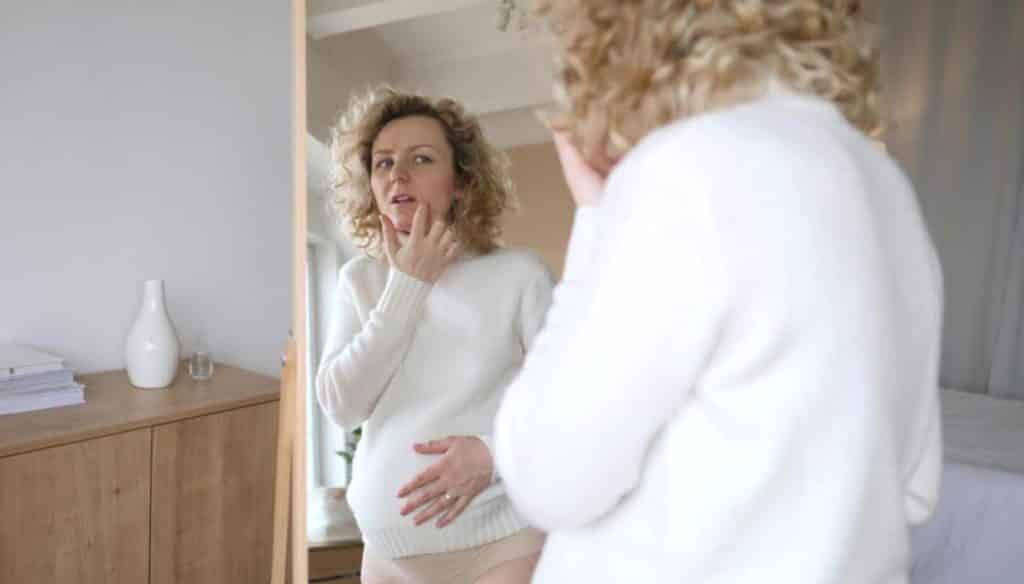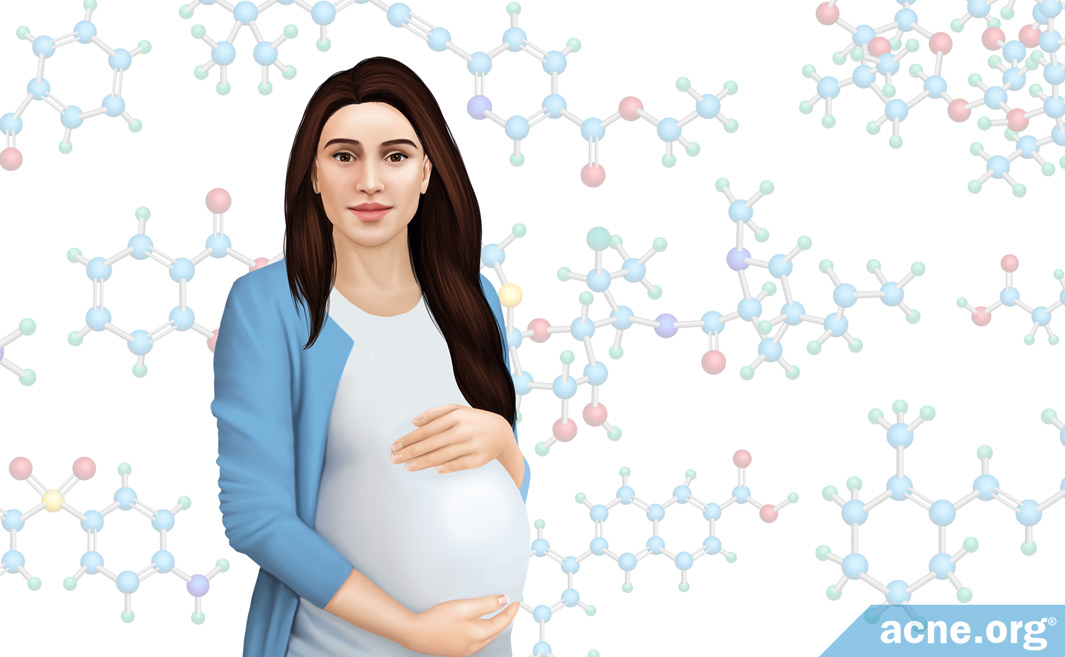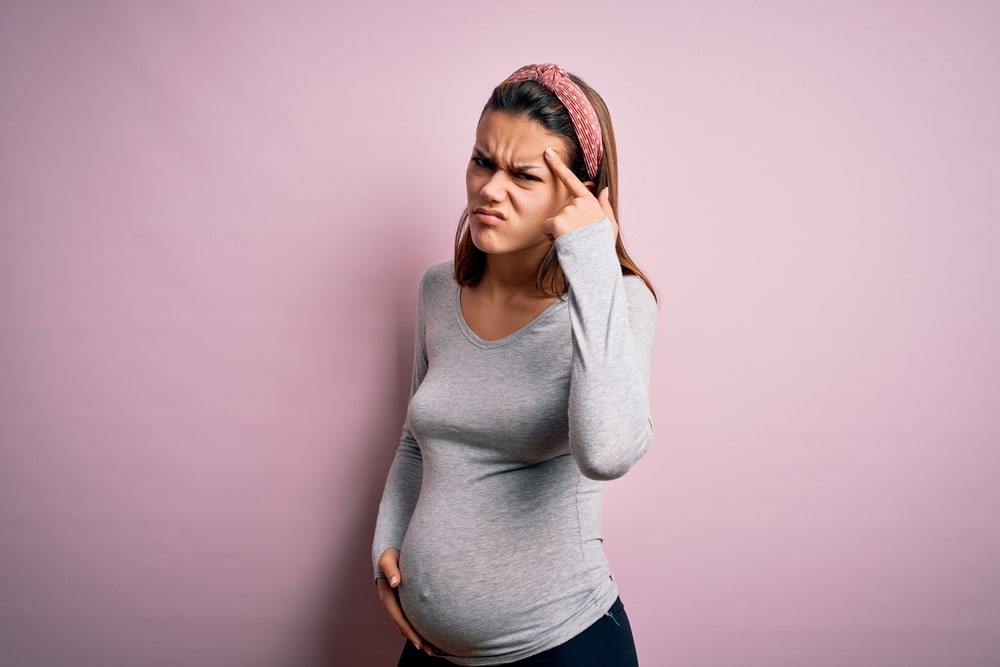The Secret Of Info About How To Treat Pregnancy Acne

Written by maryann mikhail, md | reviewed by sophie vergnaud, md updated on july 11, 2022 key takeaways:
How to treat pregnancy acne. Determining how to treat acne during pregnancy is challenging. The increased production, in turn, causes the blockage of pores and the breakout of pimples, particularly during the first two trimesters of pregnancy. Wash gently with a mild soap or cleanser twice a day.
Treating acne during pregnancy. Have patience and try your very best not to pop any blemishes. Use a gentle face cleanser.
Safe treatment of pregnancy acne choosing a face wash. For women who do struggle with acne during their pregnancy, rai says: Hyperpigmentation can affect people of any race or ethnicity.
Acne during pregnancy is common because of changes in your hormone levels and in your. No matter which product you choose, be aware of the following: Baking soda baking soda dries the oil on your skin and promotes healing, but it is not widely recommended by healthcare professionals because it can irritate the skin and remove important.
Treatment prognosis people get acne during pregnancy because changes in hormone levels—most notably progesterone —cause skin oil production to increase. During an acne facial, an esthetician will deeply cleanse, exfoliate, and do extractions to clean out your pores. Use your hands to gently wash your face.
Don't scrub your face with a washcloth, since that can irritate the skin and make the problem worse. The american college of obstetricians and gynecologists (acog) recommends washing your face twice a day with a mild cleanser and lukewarm water. Before using it while you’re pregnant, it’s best to check with your obstetrician or dermatologist.
This is because many acne treatments aren’t recommended or safe for pregnant women. Apple cider vinegar for acne apple cider vinegar is used to treat everything from mole removal to weight loss. Indeed, in order to ensure the safest prenatal care, doctors prohibit pregnant patients from certain medications and activities that might result in birth defects.
The mainstay is topical treatments. Twice a day, use your hands to wash your face with a mild soap and warm water. They tend to irritate skin, which can worsen acne.
Safe treatments for acne pregnancy. While some of the claims surrounding the uses of apple cider vinegar are not confirmed by doctors or real studies, the fact that so many people use it with no side effects makes it very popular with pregnant and nursing. Antibiotics (you apply to your skin):
It’s a nice way to pamper yourself during your pregnancy (just be sure to let your esthetician know you’re pregnant). Acne—the bumps that occur when your follicles become clogged with dead skin cells, oil, or bacteria—can be a real stressor, especially. As a result, there are less treatment options and the skin condition may be a little harder to address.




